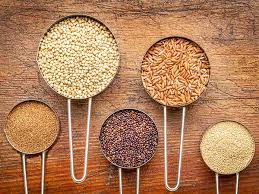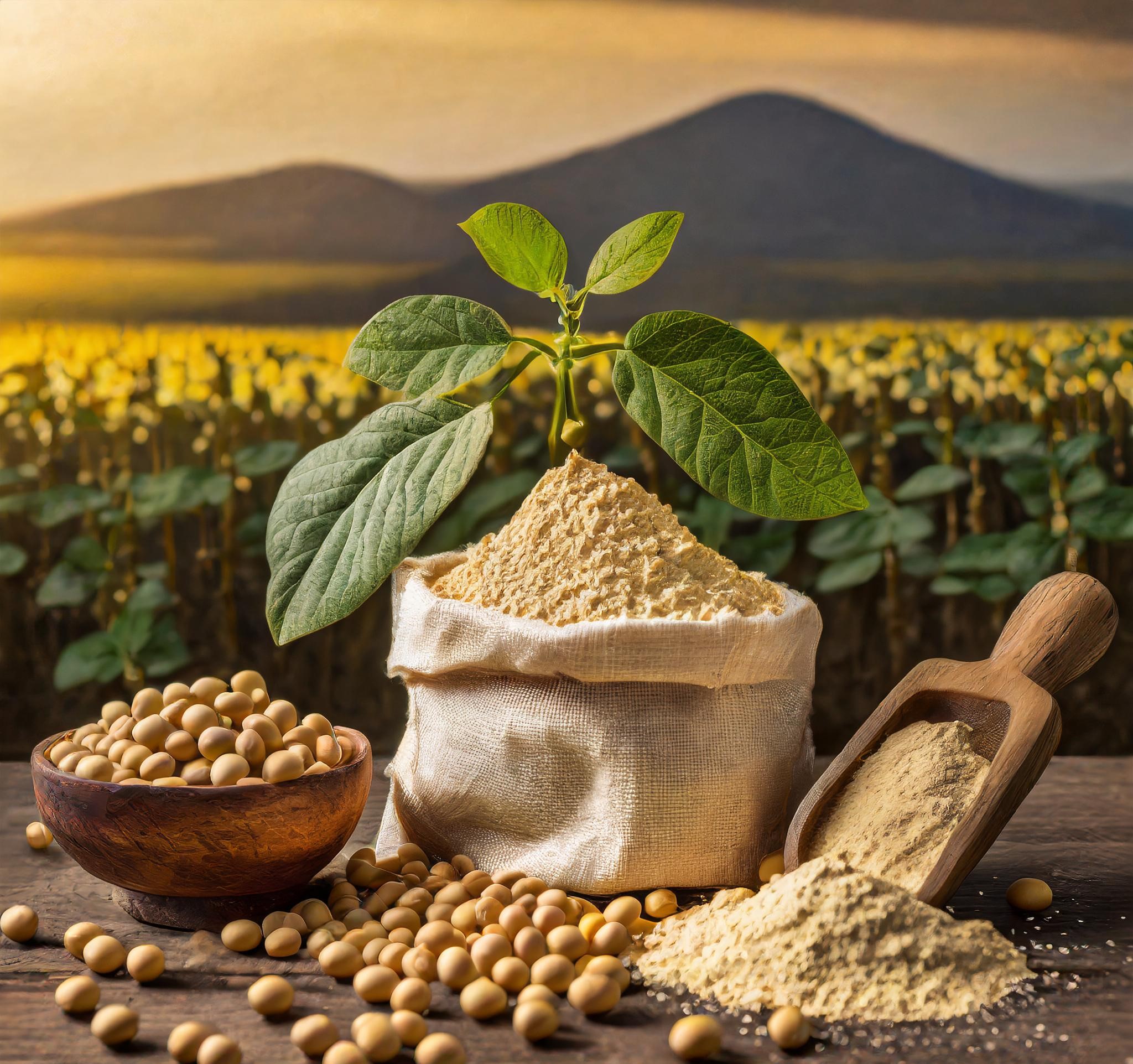Cholesterol is a fatty substance, known as a lipid, present in the bloodstream and within cells throughout the body. It plays a crucial role in various bodily functions, such as cell structure, hormone production, and the synthesis of vitamin D. Cholesterol is carried through the blood by particles called lipoproteins, which come in two primary forms:
Low-Density Lipoprotein (LDL):
Often referred to as "bad" cholesterol, LDL carries cholesterol from the liver to cells and tissues. When LDL levels are high, cholesterol can accumulate in the arteries, leading to plaque formation and increasing the risk of heart disease and stroke.
High-Density Lipoprotein (HDL):
Known as "good" cholesterol, HDL helps remove excess cholesterol from the bloodstream by transporting it back to the liver, where it can be processed and eliminated. High levels of HDL cholesterol are associated with a lower risk of heart disease.
Sources of Cholesterol:
Diet:
Cholesterol is present in foods derived from animals, such as meat, dairy products, and eggs. Additionally, eating foods rich in saturated and trans fats can elevate cholesterol levels in the body.
Liver:
The liver naturally synthesizes cholesterol, which is vital for various bodily functions.
Dietary Allowance:
The recommended daily cholesterol intake can vary based on a person's health status and risk factors. In general, it is advised to keep cholesterol consumption within certain limits as part of a balanced diet.
General Recommendation:
The daily recommended cholesterol intake for a healthy adult is less than 300mg/day.
People with Heart Risk:
 For individuals with heart disease or those at higher risk, it's advisable to keep cholesterol intake under 200 mg per day for better health outcomes.
For individuals with heart disease or those at higher risk, it's advisable to keep cholesterol intake under 200 mg per day for better health outcomes.
Different foods can help reduce cholesterol levels in distinct ways. Some provide soluble fiber, which attaches to cholesterol and its precursors in the digestive tract and removes them from the body before they enter the bloodstream. Others offer polyunsaturated fats that directly decrease LDL cholesterol. Additionally, some foods contain plant sterols and stanols, which hinder the body's absorption of cholesterol.
Food to Include:
Fruits and Vegetables:
Packed with fiber and antioxidants, these are essential for heart health.
Include a variety of apples, oranges, berries, bananas, carrots, spinach, and broccoli to get a broad range of nutrients.
Whole Grains:
 Rich in fiber, whole grains help reduce cholesterol levels.
Rich in fiber, whole grains help reduce cholesterol levels.
Oats, barley, brown rice, and whole wheat are excellent choices for your diet.
Legumes:
Foods such as beans, lentils, and chickpeas provide fiber and plant-based protein.
They offer a satisfying and low-fat alternative to meat.
Nuts and Seeds:
Almonds, walnuts, chia seeds, and flaxseeds are abundant in healthy fats and fiber.
They also serve as great plant-based protein sources.
Fish:
Fatty fish, such as salmon, mackerel, sardines, and trout, contain omega-3 fatty acids.
These healthy fats support heart health and can lower triglyceride levels.
Lean Proteins:
Choose skinless poultry and lean cuts of meat to minimize saturated fat intake.
Plant-based proteins like tofu and tempeh are excellent alternatives.
Low-Fat Dairy:
Opt for reduced-fat or non-fat versions of milk, yogurt, and cheese.
Consider plant-based alternatives such as almond, soy, or oat milk.
Healthy Fats:
Replace butter and margarine with olive or canola oil for cooking and dressing.
Avocado and olives are other good sources of heart-healthy fats.
Soy Products:
 Soy-based foods like tofu, soy milk, and edamame contribute to lower cholesterol levels.
Soy-based foods like tofu, soy milk, and edamame contribute to lower cholesterol levels.
Sugar-free drinks or water:
Sugar prompts the body to release insulin, a hormone involved in managing blood sugar levels and energy utilization. Insulin signals the body to increase cholesterol production, influencing the rate at which cholesterol is made.
Plant Sterols and Stanols:
These compounds, found in certain plants and fortified products, help block cholesterol absorption in the gut.
Look for foods like fortified margarine and orange juice for added benefits.
Use healthier oil:
Swap out saturated fats for monounsaturated or polyunsaturated fats. Among all types of fats, saturated fat is the most effective at being transformed into cholesterol.
Use healthy oils:
Avocado oil, Canola oil, Flax seed oil, Olive oil, Sunflower seed oil, etc.
Including these foods in your diet can help you manage cholesterol levels and promote overall heart health.

